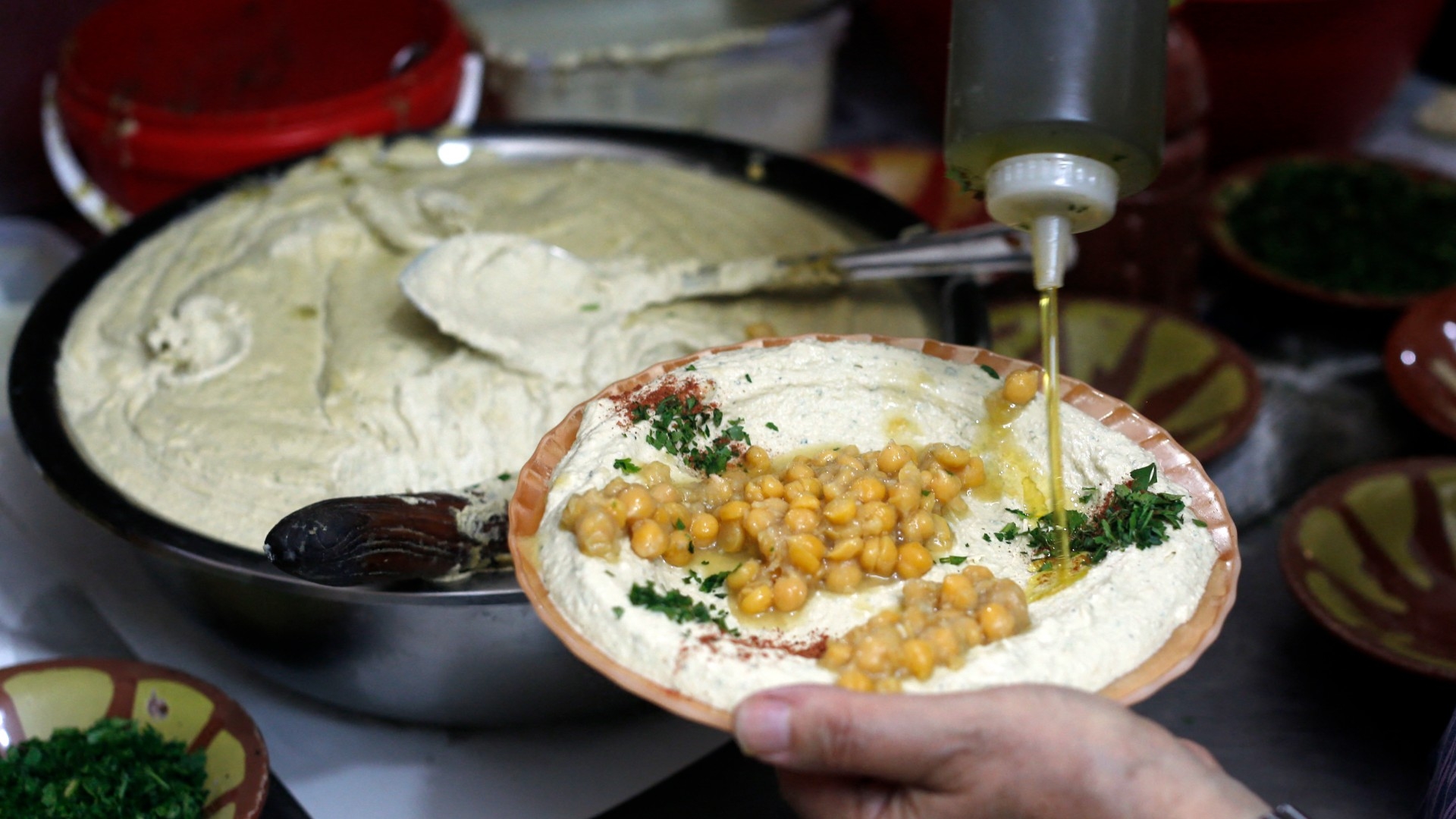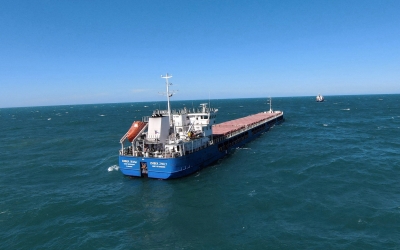Russia-Ukraine war: Global chickpea shortage threatens hummus supply

Chickpea shortages caused by climate change and the Russian war in Ukraine are threatening hummus supplies, experts say.
Data from the Global Pulse Confederation shows that global chickpea production could dip by as much as 20 percent this year.
Weather conditions this spring meant that farmers in the United States, the fourth-largest chickpea exporter, planted fewer trees as they prioritised more lucrative crops like corn.
The war between Russia and Ukraine, both producers of chickpeas, has hit the global supply chain and disrupted wheat and grain exports to South Asia and the Mediterranean.
In the US, chickpeas are now 12 percent more expensive than they were last year - nearly 17 percent higher than before the Covid-19 pandemic, according to NielsenIQ data seen by Reuters.
New MEE newsletter: Jerusalem Dispatch
Sign up to get the latest insights and analysis on Israel-Palestine, alongside Turkey Unpacked and other MEE newsletters
Chickpeas, which can be used to make hummus, flour, soups and curries, are a huge food staple in countries across the Middle East and Asia.
Ukraine could not seed its total chickpea crop due to the war, removing 50,000 tonnes usually bound for Europe, said Navneet Singh Chhabra, director of Shree Sheela International, a global chickpea trader and brokerage firm.
“Russia is exporting around 200,000 to 250,000 tonnes minimum, per year. When the war started in February, the supply was destroyed, totally,” Chhabra said.
Western sanctions on Russia, which usually accounts for 25 percent of the global chickpea trade, have also hampered purchases of its agricultural products.
Since the war began, more than 20 million tonnes of grain has been stuck in silos in Ukraine. This has had a knock-on effect on the Middle East and Africa, with countries in the region dependent on Ukrainian wheat and sunflower oil.
Earlier this week, Turkey released a Russian-flagged cargo ship that was thought to contain stolen Ukrainian grain.
Ukrainian officials told Middle East Eye that they believed the ship would likely have sailed for Russia or the occupied Ukrainian port city of Berdyansk, which is where it came from.
Kyiv has accused Moscow of stealing its grain from territories captured by Russian forces since the war began in February - accusations the Kremlin denies.
Middle East Eye delivers independent and unrivalled coverage and analysis of the Middle East, North Africa and beyond. To learn more about republishing this content and the associated fees, please fill out this form. More about MEE can be found here.




